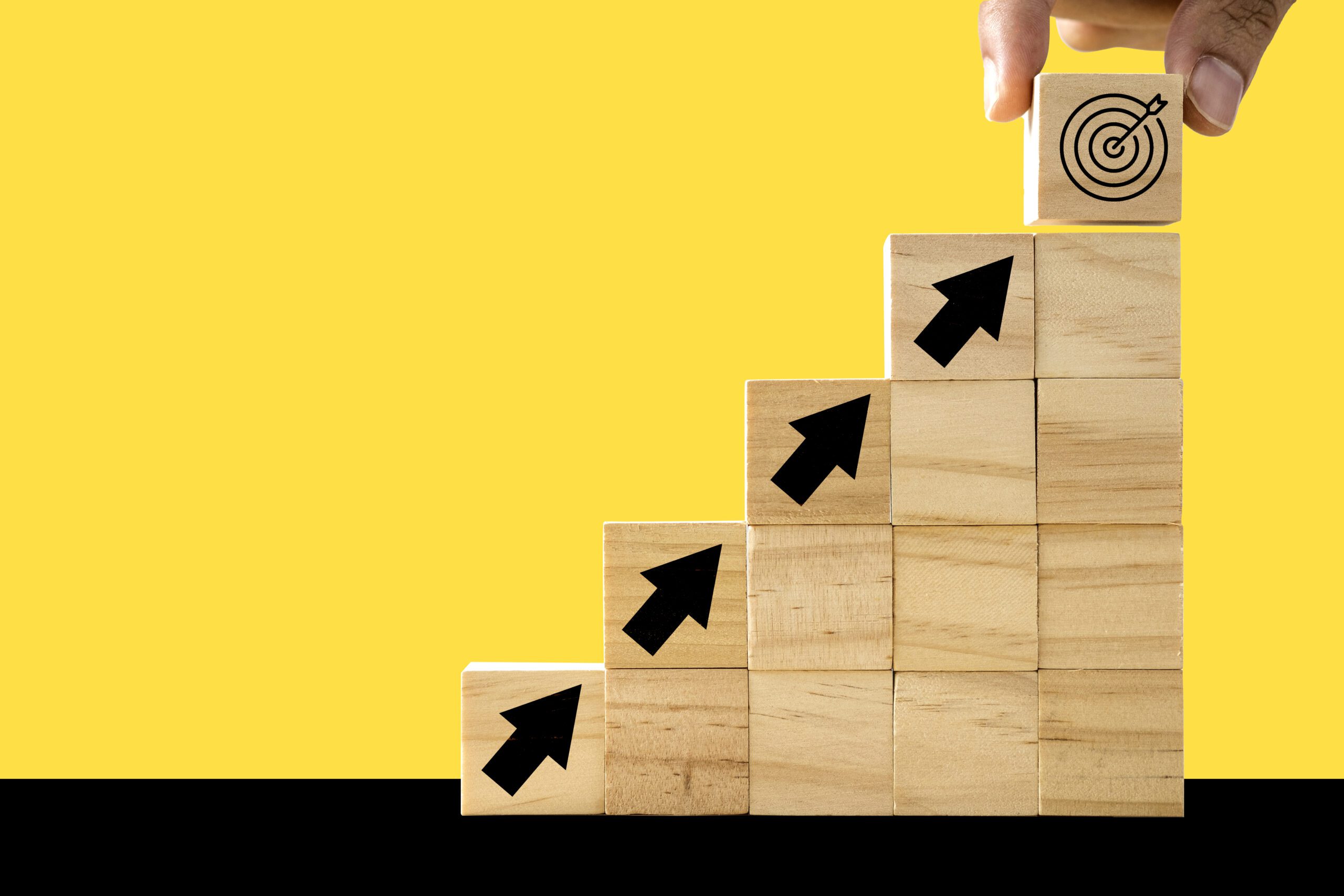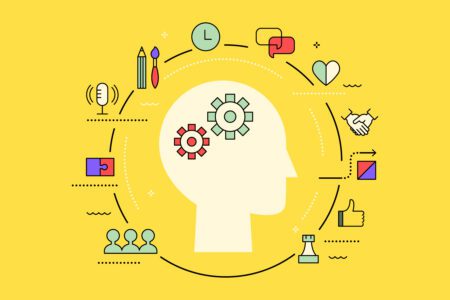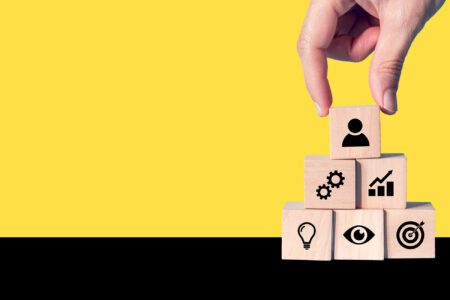What is the role of psychometric assessments in organizations?
Gain deeper insights into employees
Psychometric assessments go deeper than traditional evaluation methods, capturing multiple traits of an individual that significantly influence their performance, productivity, and engagement. These assessments provide valuable insights into motivational drivers, ways of solving problems, or working with others that would otherwise take years to observe in real-world scenarios. This deeper understanding of people helps organizations offer tailored support and development opportunities to bring out their best.
Assess without bias and foster a diverse workforce
You may feel from an interaction that one person seemed more reliable than the other, but your perception may be based on biased criteria that in fact are unrelated to how reliable they can truly be!
Psychometric assessments provide an objective and data-driven approach, minimizing the risk of bias that can often creep into traditional hiring methods like interviews or looking over resumes. By removing subjective biases from the equation, organizations can create a level playing field for all, fostering a more diverse and inclusive workplace.
Make data-driven HR-decisions
Psychometric assessments empower HR teams with valuable insights, enabling them to make informed and reliable decisions. These insights help organization to:
- Identify High Potential (HiPo) talents and provide them with the training and support they need
- Nurture their talent pool though development plans tailored to each employees’ needs and motivations
- Build a pipeline of leaders that ensures business continuity through strong succession planning and improves overall performance
- Gain a better understanding of their workforce and shape a company culture that aligns with their vision.
Predict performances with reliable data
One of the key benefits of psychometric assessments is their ability to predict performance based on stable measures over time.
By gathering numerical data, you can measure the degree of relationship between two variables. Example: you can explore the relationship between certain leader behaviors and their team engagement levels – and find out how much a behavior truly influences and predicts others.
In that way, you can ensure you are making data-driven decisions, removing a lot of guesswork and uncertainty out of the equation.
What to look for when shopping for a psychometric assessment?
Scientific and bias-free
The strength of any psychometric assessment lies in its objectivity, validity and reliability. Look for an assessment based on scientifically validated methods and models.
You also want to make sure the assessment is not easy to “fake”. Many assessments are self-reported, the way items are presented may make it more obvious what is being asked, and individuals may try to present themselves in a more favorable light. To fight this, choose a psychometric assessment that includes built-in measures to flag social desirability biases and detect attempts to “fake” responses. These measures will determine, generally, the degree of honesty, continuity, and disclosure an individual demonstrates during the assessment process.
Precision
When it comes to personality and behavioral styles, you may be tempted to go for a few simple indicators, which we call “type” indicators, that will classify an individual into one of 8 or 10 styles. These offer more simplified generalities about a persons’ style that are easy to interpret because the nuances are left out. However, for something as complex as personality and behavior, personality “trait” type indicators can bring more variance. After all, people in general are more distinct, layered and complex as human beings.
A simple analogy we like to use is a blood test versus a DNA test. Do you simply want to know if you’re an AB-type? You will be categorized into a group that many other people belong to.
Do you want a DNA test that can show genetic code at a specific level? Here, your DNA is unique and belongs only to you – we’re describing the unique combination of characteristics that make up who you are.
Understanding what you need
What do you need to do with the information collected, and what is your goal? Do you need a high-level overview or are you looking for deep, actionable insights into behaviors, performance, and leadership potential? Your answer to this question will determine the level of precision and accuracy you should be looking for.
There are some things you will not be able to know with a less precise assessment – and you want to be very careful not to make over-generalizations or “read into” certain types where that precision just isn’t being captured by the test.
A simple analogy we like to use is a blood test versus a DNA test. Do you simply want to know if you’re an AB-type? You will be categorized into a group that many other people belong to.
What makes SuccessFinder a great option?
At SuccessFinder, we don’t rely on oversimplified generalities. We believe that to maximize an individual’s potential, you must understand who they are, who they are not and appreciate the nuances that make them unique. We provide detailed insights into an individual’s unique behavioral preferences, helping them become more self-aware and better equipped to leverage their strengths.
SuccessFinder empowers organizations with insights to coach and develop employees more specifically, build future leaders and create stronger teams.
Our scientifically validated methods provide precise, actionable data that reveals the relationship between some behavioral traits and key outcomes organizations care about – it could be the relationship between a certain behavior and the level of leadership effectiveness, or team productivity for instance.
By focusing on what truly matters, SuccessFinder helps organizations create more targeted talent development strategies that drive meaningful change.
Watch a full interview with Carolyn Hass PhD to find out how to choose the right psychometric assessment and more details about SuccessFinder’s solutions on our YouTube channel.
Carolyn is a thought leader and COO at SuccessFinder. She is also a master trainer and facilitator, building on extensive experience as a consultant, focusing on the topics of self-awareness for professional growth and leadership development.
The interview is also available as podcasts, find us on your favorite platforms:




